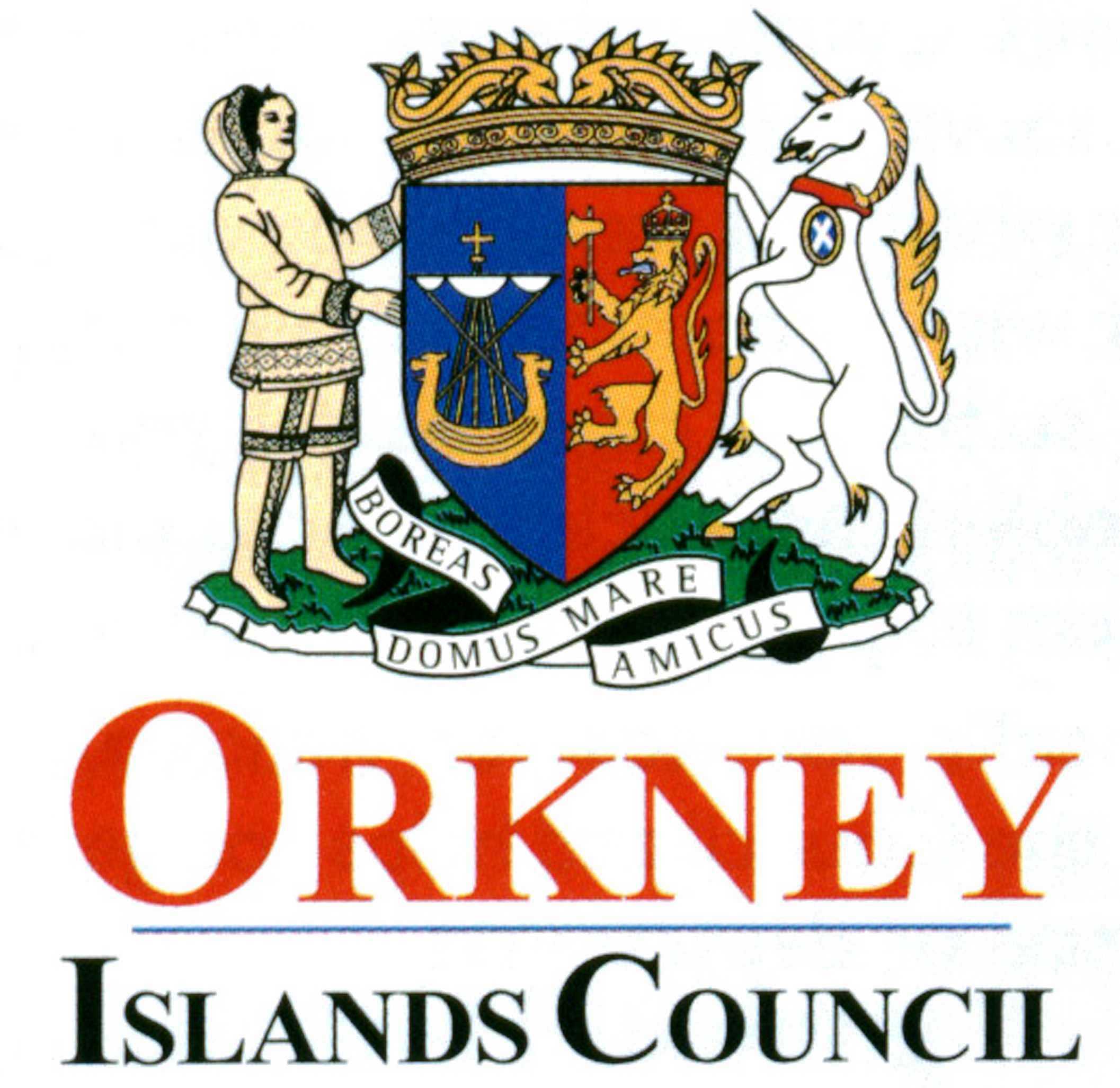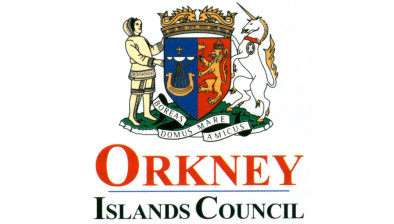New policy to tackle damp, condensation and mould in Orkney council properties

Orkney Islands Council has reiterated its commitment to helping council tenants tackle the challenge of damp, condensation and mould in their homes with councillors backing a new policy to address the issue.
The Dampness Policy, including dealing with mould, was approved by councillors at the Education, Leisure and Housing Committee on Wednesday and builds on work already being done to support tenants.
It formally sets out how the council will continue to address the issue in council-owned properties as a priority, and in a variety of ways.
The council has a housing stock of around 1,000 properties and every year receives an average of 27 requests for service from its tenants as a result of issues with damp and mould. The council has a high tenant satisfaction rate and staff work hard to ensure action is taken when it is required.
Unfortunately, many properties in Orkney, whether privately owned, social housing such as council or housing association, old and new, are likely to suffer from some condensation in this climate.
In addition to assistance when it is necessary, the council offers support, advice and proactive campaigns on practical steps tenants can take to help avoid condensation, including ensuring adequate heating and ventilation.
Among the new or enhanced steps which the council is taking to proactively reduce the occurrence of damp, condensation and mould in council properties, now formalised in the new policy, are:
- Continuing meeting relevant legal and regulatory standards relating to dampness in council housing.
- Taking account of good practice guidance when developing the council’s Dampness Policy and related procedure.
- Integrating dampness issues into a range of housing services so that dampness is addressed comprehensively as part of service delivery.
- Providing information to tenants about the nature of dampness and how to access local agencies which can provide further advice.
- Monitoring all incidents of dampness relating to the council’s housing services through a range of local performance indicators.
- Tenancy sign ups need to include advice to tenants, how to manage highly insulated properties and avoid damp and mould and ensuring home visits are actively encouraged.
- Encouraging tenants to report issues early.
- Staff training should be intensive and include customer care to ensure that the tenant feels appropriately listened to and supported.
The council’s head of community learning, leisure and housing, Frances Troup, said: “Following the tragic death of Awaab Ishak in Rochdale, as a result of damp and mould in a social rented property, a national movement began in relation to ensuring all social housing providers had appropriate policies in place to ensure reports of dampness, condensation and mould led to appropriate responses to assist tenants in managing their properties so they could live comfortably.
“We have always tried to address issues of damp and mould in council housing, this is about a stronger formal process being put in place at a national level. The council’s preparatory work towards enhancing its existing approach started in 2022, forming part of its actions to protect and support tenants in the light of the ongoing cost of living crisis.
“Since then, the council has been reviewing and adapting its strategy and approach towards dealing with an anticipated increase in damp, condensation and mould issues due to significant increases in energy costs making it harder for some tenants to heat their homes sufficiently. The new policy is the culmination of that work.”
Chair of the council’s Education, Leisure and Housing Committee, Councillor Gwenda Shearer, added: “The health and welfare of our tenants has been a longstanding priority, and for a number of years the council has been working to improve its approach to damp, condensation and mould issues in council properties.
“This new policy, along with the good practice already being followed, clearly sets out the steps the Housing Department will take after receiving a report, either from tenants themselves, from officers, contractors or other people visiting their properties.
“The aim of the policy is to minimise cases of damp, condensation and mould as far as possible. But when cases do arise it should be very straightforward for people to report any ongoing or potential issues, so these can be investigated and rectified promptly in a way that is personalised to the household’s needs. No tenants should feel they are being left alone to deal with it themselves.”









